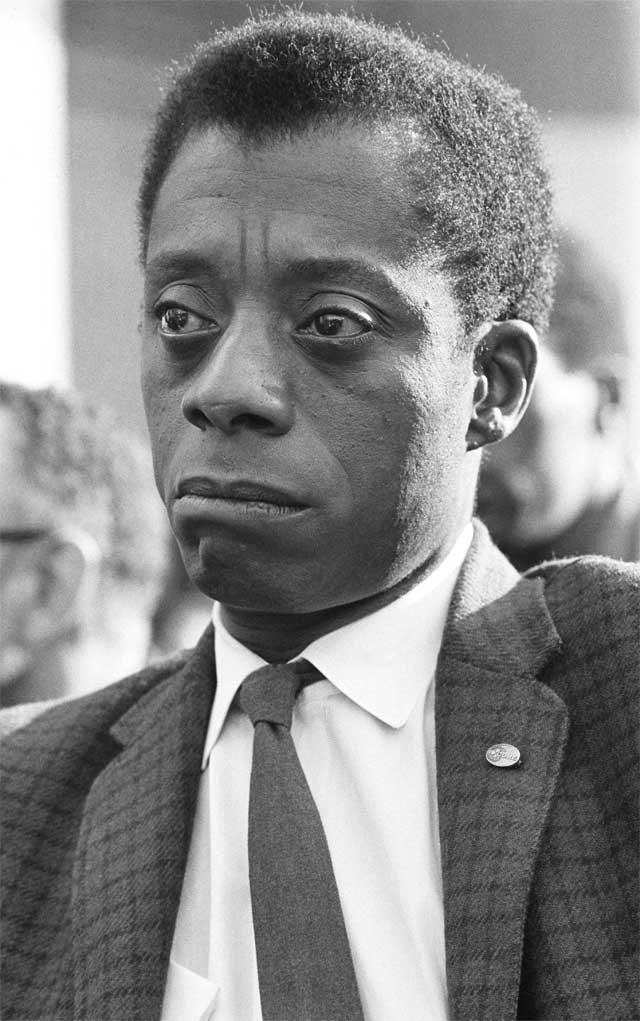
“The story of the Negro in America is the story of America. It is not a pretty story.”
—James Baldwin
By the time James Baldwin penned those words in 1979, the revolution had been lost. Medgar Evers, Malcolm X and Martin Luther King, all had been murdered. All gunned down before the age of 40. Nearly four decades and six presidents later, those words — read by Samuel L. Jackson in Raoul Peck’s scintillating film I Am Not Your Negro — take on a new poignancy. As the saying goes, “History doesn’t repeat itself, but it often rhymes.”
The beauty of I Am Not Your Negro, which is nominated for the Academy Award for best documentary feature, is its ability to bring to life Baldwin’s words and illustrate his theories. The tragedy of I Am Not Your Negro is that Baldwin’s words speak as clearly to 2017 as they do to civil-rights era, a correlation that Peck, a Haitian filmmaker, understands intrinsically and displays brilliantly. Images of a white mob in 1957 Charlotte, North Carolina, screaming at a 15-year-old black girl bump up against footage from the Ferguson unrest of 2014. Images of black men hanging from trees while their white executioners half-smile below play against the cell phone footage of Eric Garner being choked to death in broad daylight. Baldwin was right. It’s not a pretty story.
And through all of this horror, Baldwin speaks. Calm, controlled, articulate. Be it in the footage of Baldwin on The Dick Cavett Show or in a debate with William F. Buckley in 1965. And in the recitation by Jackson, Baldwin’s words confront and illuminate. Yes, the world may be awful but it can also be understood.
Understanding a social consciousness seems to be Baldwin’s overarching theme. His attraction to movies was strong and through that passion Baldwin discovered that the American entertainment machine was not so much concerned with elaborating on who we are as it was with distracting us from our truer selves and reassuring that “we are who we wish to be.”
Baldwin saw first-hand that nothing could be further from the truth and in 1979 he undertook a book project to explore the story of America through the murders of three of his friends, Evars, X and King, called Remember This House. Baldwin never got past page 30. In 1987, Baldwin died from stomach cancer. He was 63.
But the life of a writer is never truly dead and Peck magnificently resurrects Baldwin through his image and words to speak, once again, about the social injustices that we just can’t seem to shake.
With I Am Not Your Negro, Peck and Jackson help finish Remember This House as a 90-minute visual essay. It also features one of Jackson’s best performances in years, as he doesn’t recite Baldwin’s words in either his signature cadence or Baldwin’s but something in between. Those words are simultaneously his and not his. As Baldwin wrote: “I am speaking as a member of a certain democracy in a very complex country which insists on being very narrow-minded.”
I Am Not Your Negro is not narrow-minded. It is broad, complex, assertive and absolutely essential.














